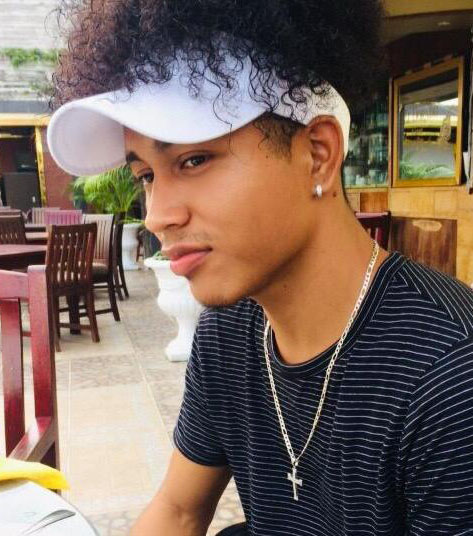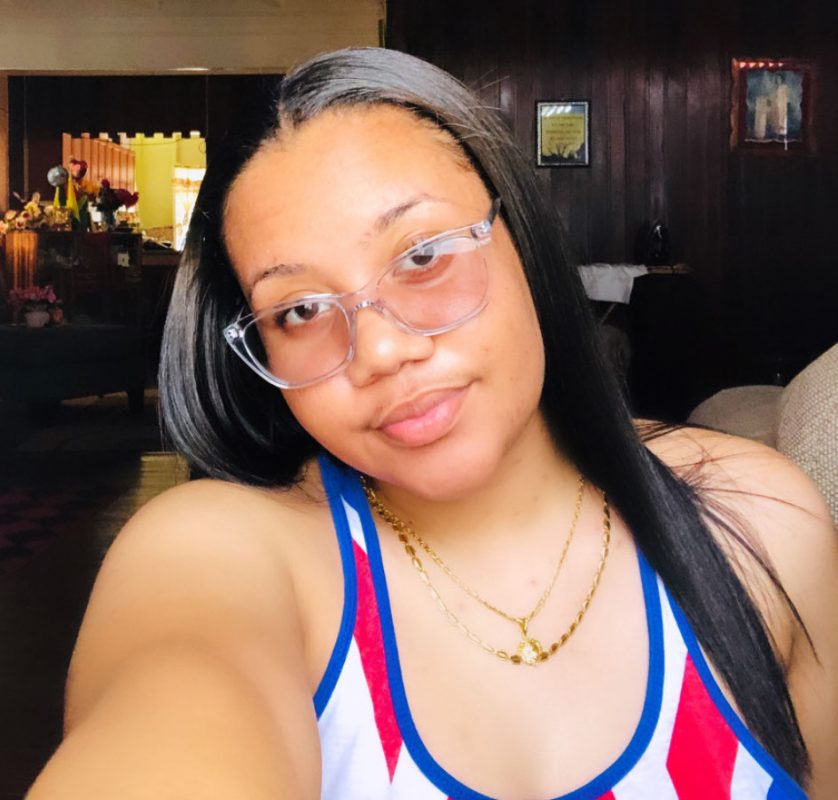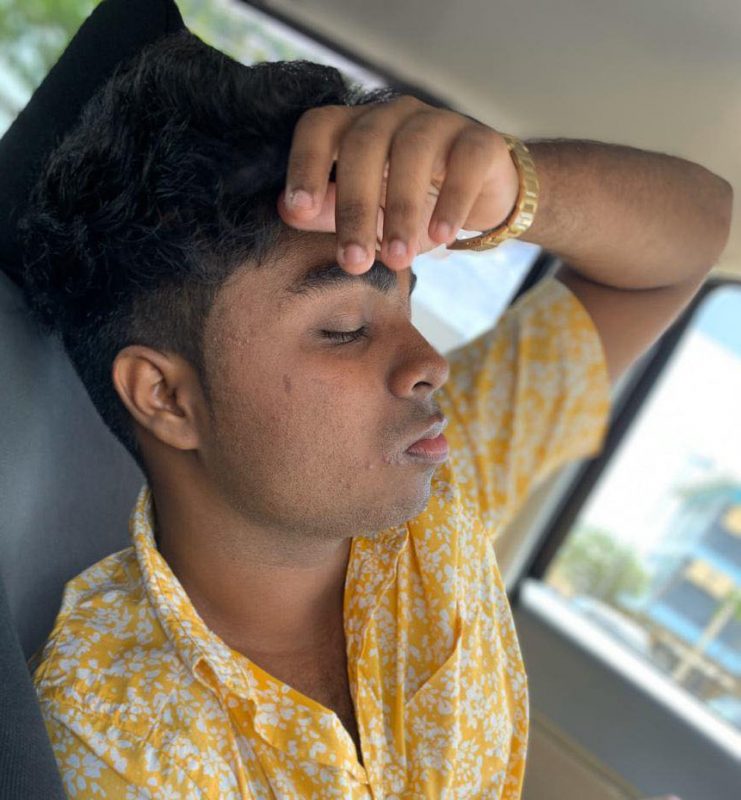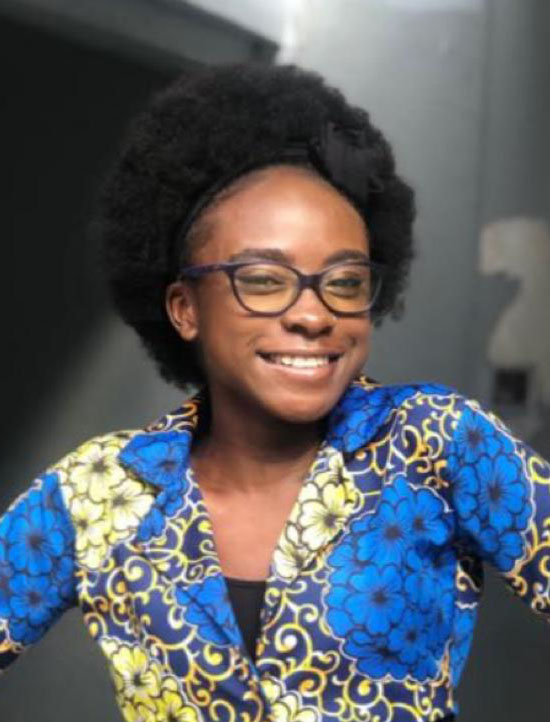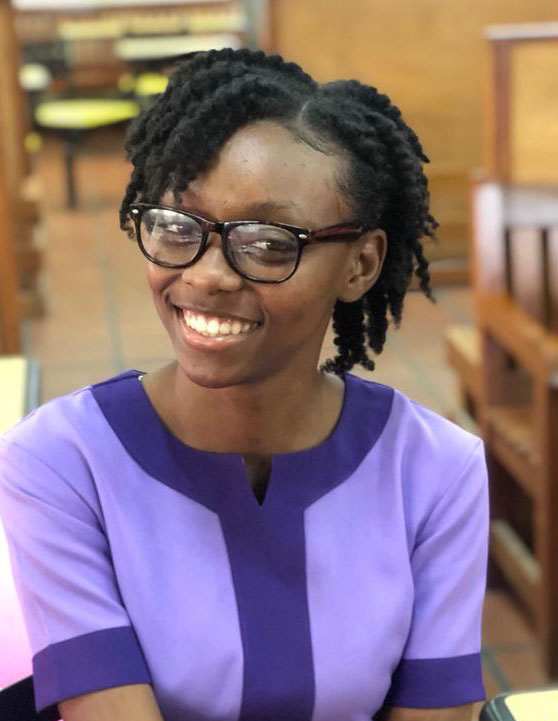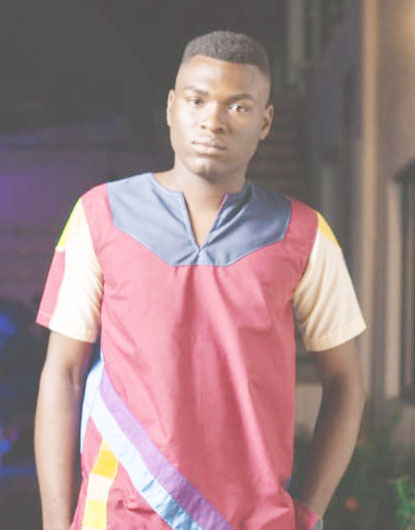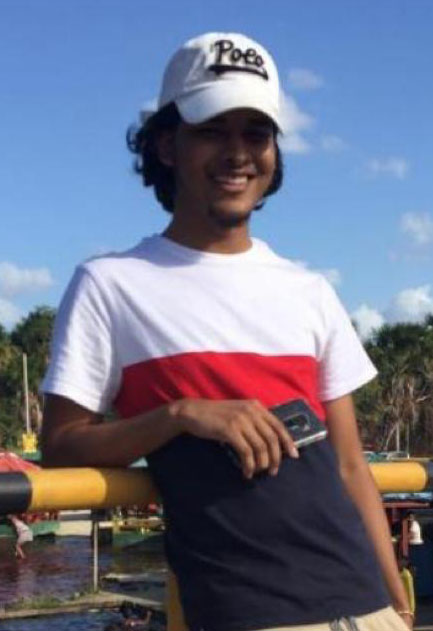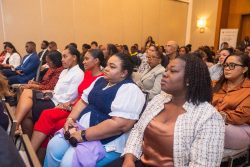“I’m not sure if I’ll vote on Monday,” says Carlos Smith.
Smith, 18, is among the many young people who are now eligible to cast their ballots at tomorrow’s general and regional elections.
Despite his uncertainty, both the significance of the elections and the importance of his vote is not lost on Smith, who says he has been studying the different parties that are contesting the elections during the campaign.
“Even though I’m still undecided, I do see the importance of young people voting because we have to let our voices be heard,” he told Sunday Stabroek. “I understand that this election is a very pivotal one for Guyana and our future. I’m from a village where people vote race or by what they are told but I’ve had the privilege of educating myself on certain things so I can make an informed decision,” he further stated, while adding that he may make his decision on Monday morning.
Other first-time voters who were canvassed by this newspaper were less uncertain about their choices for the polls, which sees 11 parties contesting. The polls come as the country prepares to receive unprecedented revenues from the start of oil production. With the growth of Guyana’s economy set to skyrocket, the winner of the March 2 elections is likely to set the direction of development for the country for years to come. Young voters have been courted by all the parties, who have emphasised the importance of voting. In the 2015 elections, the APNU+AFC coalition won by only 4,506 votes nationwide and secured Region Eight by a single vote, which allowed them to have a majority in parliament.
Dawn Purdessy, 18, of Kitty, Georgetown, has no doubt that she will be at a polling station come election day. “I will be voting… I want to vote and I know who I will be voting for because I have seen the progress and issues of the country,” the young woman said, when asked why she would be voting. Purdessy, who is also a Sixth Form student at Queen’s College, added that she is nonetheless nervous about the vote. “I feel nervous for some reason. I think it’s because it will be my first time voting and I don’t know the voting process,” she explained.
Timothy Daw, who shares the view that it is important for the youth to vote as they are the future of the country, is also excited about voting for the first time on Monday. The University of Guyana student related that he would like to see more support being given to the university so as to better the services offered to students. As an example, he cited the fact that due to a lack of funding, students are not able to go on most educational trips.
Kureece King, a resident of Plaisance, East Coast Demerara, told Sunday Stabroek that following the elections she would like to see more job opportunities being available for young persons and specifically those young persons who have recently completed their secondary education.
King added that she would also love to see infrastructural works being completed in her neighbourhood. The young woman went on to say that it is important for youths and first-time voters to exercise their right. “As youths, we had our time to observe what has been the outcome of past elections and based on our observations we can exercise our right to select the choice suitable for us,” King said, while adding that youths should weigh their options by examining the manifestos of each of the parties and finding out how young people would benefit.
Saying that all youths should be privy to free education in Guyana in order to be able to take over leadership roles, Vidanand Ojha, meanwhile, is voting as he believes it is important for the future of the country. The young man stated that political parties/governments should listen to youths and electors at large. “I would like for them to let the people voices be heard since we the people are responsible for putting them in power,” Ojha said.
Patrena Blair is also excited to vote for the first-time. “I’m voting because it’s an opportunity to be part of decision making that affects your life,” she said, while noting that she believes that it is important for young persons to vote. “It’s an important way to make our voice heard on issues that concern us,” she said.
Blair told Stabroek News that she would like to see more sponsorship programmes being made available for graduates of secondary and tertiary institutions. She added that she would also like to see improvements within public healthcare, with a particular focus on the availability of medication at health centres across the country.
Like Blair, Nashavyah Cummings also wants to see changes to the public health sector, including educational programmes aimed at getting citizens to take better care of their health and the upgrading of equipment at public health facilities. What is more, Cummings thinks voting is her way of influencing change. “I am voting because it’s my right as a citizen to vote and if I want to see change in my country, I can’t just sit back and say I’m not voting… I can’t lay all the responsibility on other voters because my vote counts,” she said.
According to Cummings, the future of Guyana lies in the hands of the youths and that is one reason that they should exercise their right to vote. She further noted that the youths should realise the power that they and other citizens have, while urging that they avoid voting for political parties because of family ties. Cummings added, “They should sit and analyse for themselves, see what each party is offering and then make a conscious decision on their own and they won’t be swayed by persons.”
Joshua Faerber, 19, of Nonpareil, on the East Coast of Demerara, says that he will be voting because he believes that every vote counts and the elections are an opportunity to change the country for the better. “For the past years I’ve noticed a decline in the country’s ability to move forward. So, having the ability to make a choice… I intend to fully grasp this opportunity and make a better change,” he explained.
He also shared his expectations as it relates to other young people turning out to vote. “I don’t really expect a huge turnout of young people, mainly due to the lack of knowledge and the current disinterest shown by [most of] them as a whole. There will be a few who show the necessary interest and be able to make a decision for themselves…,” he said.
Faerber added that he believes young people need to vote and be more interested in national issues that they feel doesn’t concern them. “As a young citizen, we should feel the need to express our rights and make decisions on our own and show more interest towards politics since our future will be indirectly or directly involved with these events. So my advice is to go and vote. Vote for what you believe to be betterment and what you feel is right. If you can do something to make a change, do it,” he said.
